The transfer window closes in three days’ time. Sometimes the hours before the close of the window are frantic. Regardless of the actual extent of transfer activity, ‘Deadline Day’ is treated with hysteria by the media. About seven permanent transfers (inward) occurred on this day in the Premier League over the last few years. Economists studying this type of last minute bargaining behaviour have labelled the tendency to cut last minute agreements as the ‘Deadline Effect’ . On the other hand, fans are often left wondering why deals are dragged out to the eleventh hour?
While there is lots of strategic behaviour going on, one key reason is that bargaining power, something which dictates the terms of trade, may shift the closer we get to a deadline. The true preferences of clubs may be expressed as time ticks on – in particular, one negotiators patience relative to another negotiator may be exposed.
This is particularly interesting for players with dwindling contracts. For instance, take the mooted transfer of Ross Barkley from Everton to Tottenham. Everton may have a reserve on Barkley; the later we get to the deadline however the more likely we are to see a true revelation of this valuation. Tottenham’s chairman Daniel Levy has built a reputation as a strong negotiator, willing to wait very late in the transfer window in order to cut a deal. This has occasionally been to the detriment of Tottenham’s performance earlier in the season but usually constitutes a shrewd business move. If Mr. Levy is patient relative to the other negotiating party, he may well be able to secure a better deal than at an earlier stage. That said, if more than one club becomes interested this strategy may fail.
There are lots of strategic moves going on in the market – in the case of Coutinho, given the magnitude of the sums offered by Barcelona, it seems Liverpool have sought out commit to one bargaining position. Equally, it may be the case that they are seeking out a replacement prior to sanctioning a transfer. A fine balance must be struck between maintaining the strength of a squad and securing a good sale – at times, one transfer can be hinged upon others. Hence, why many dominoes can fall on deadline day.
Recent calls have been made to close the window earlier, prior to the start of the season. Sporting motivations often underlie this sentiment. Namely, when squads are not fixed at the start of the season, managers find it difficult to prepare – there star striker could be sold two weeks in to the new season after all. Equally, there is an argument that some teams can gain an unfair advantage – the challenger may be a very different animal depending on whether you play them on week one or week four.
Moving the transfer window will likely have legal repercussions and there could be issues related to international rules. Even if the window is moved, while it may ensure parity regarding the second fairness concern, it may not change the likelihood of transfers – my hunch is that it would just shift the transfers back three weeks. At present the cost of the deadline three weeks in to the seasons starts are arguably carried by the managers, players and fans. Pushing the deadline back to the start of the season would ease this burden for those interested with action on the field but would increase the costs for those concerned with off-field business. Bargaining is time consuming after all, and summer transfer deals would have to be squeezed into a tighter window, putting an onus on those that must do the negotiating.
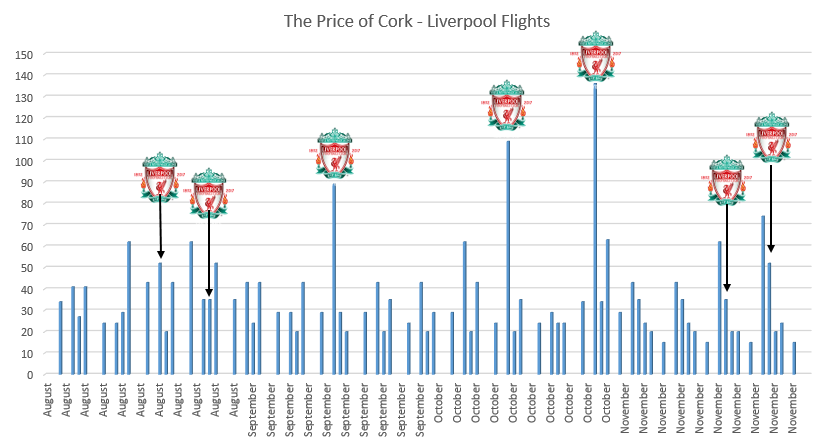
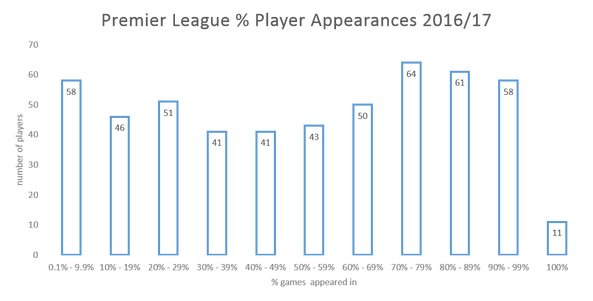
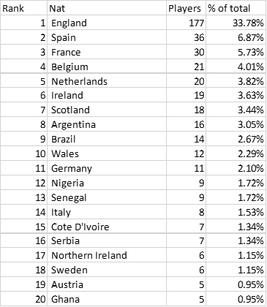
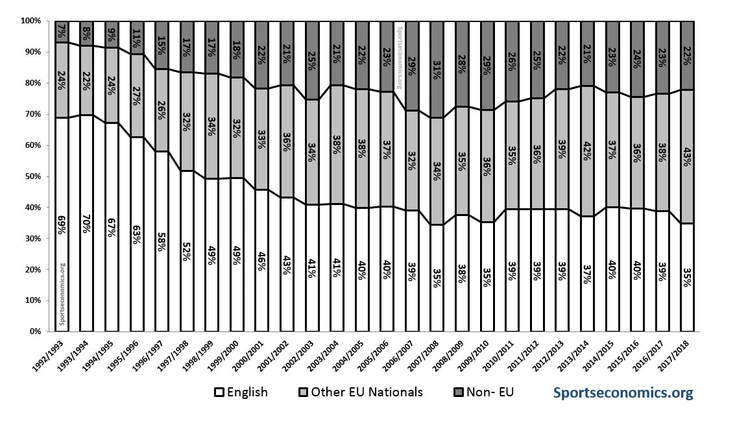
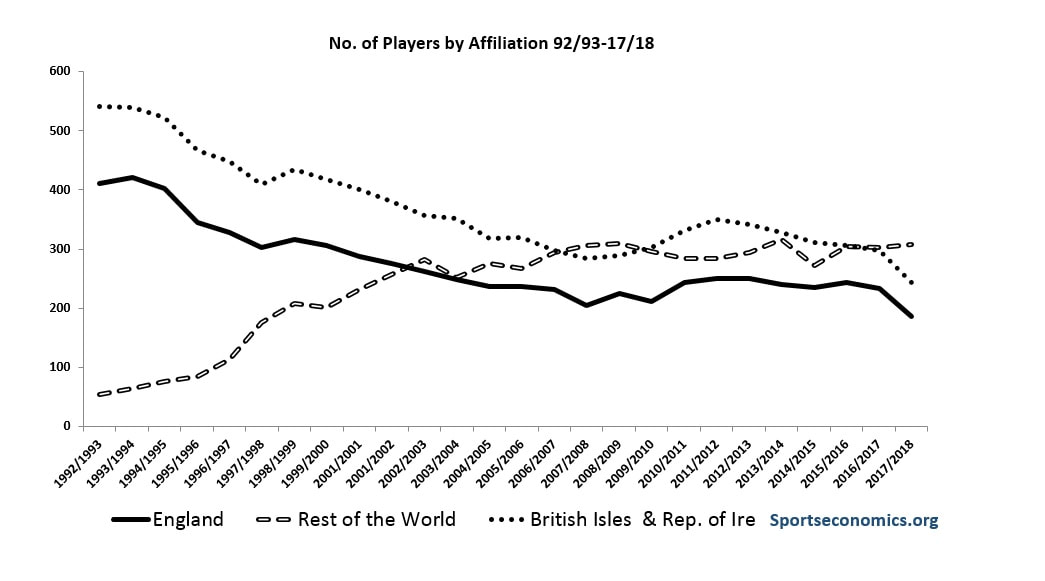
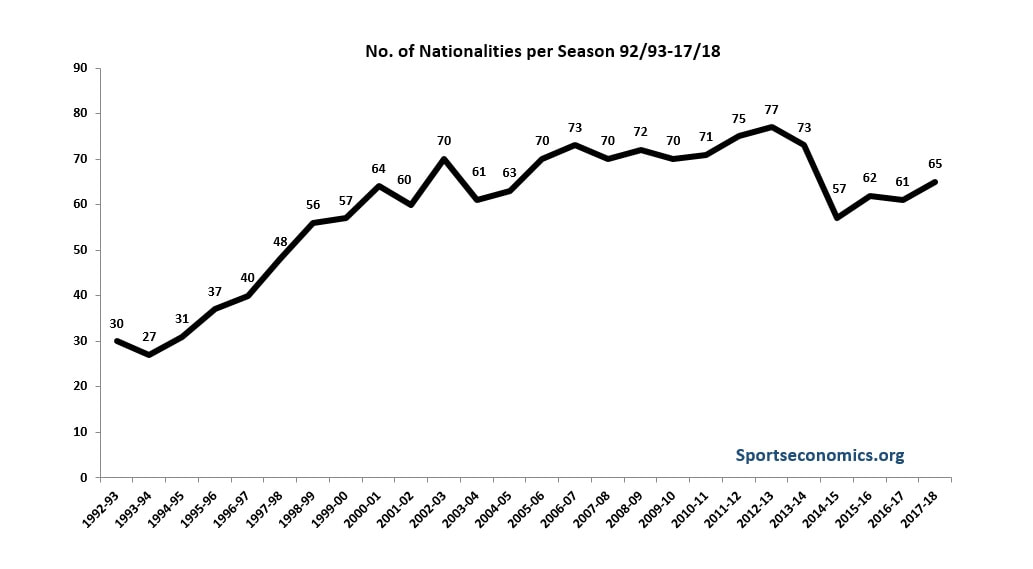
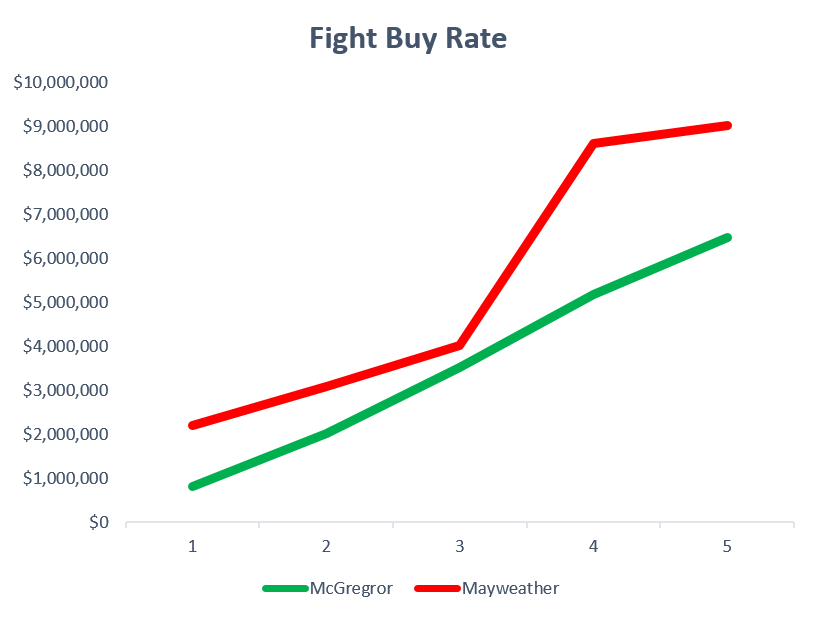
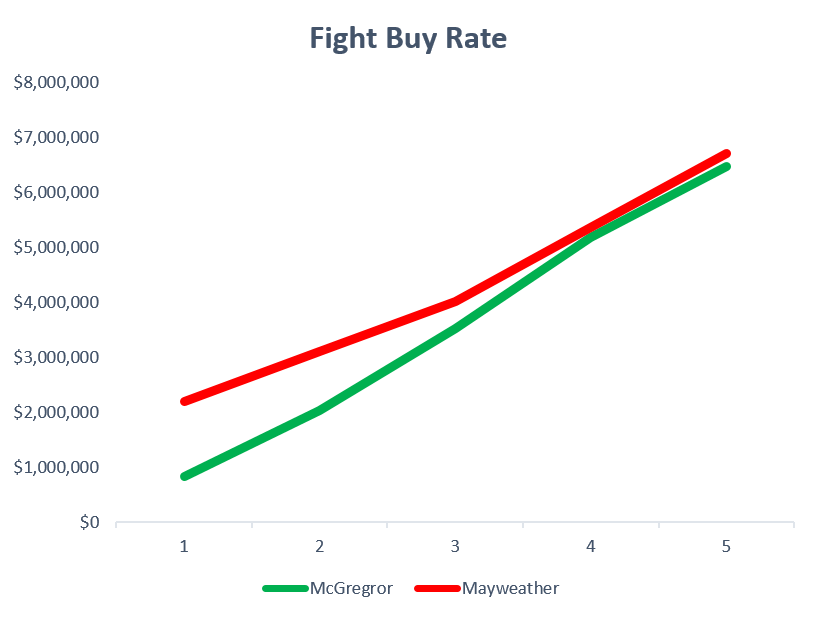

 RSS Feed
RSS Feed